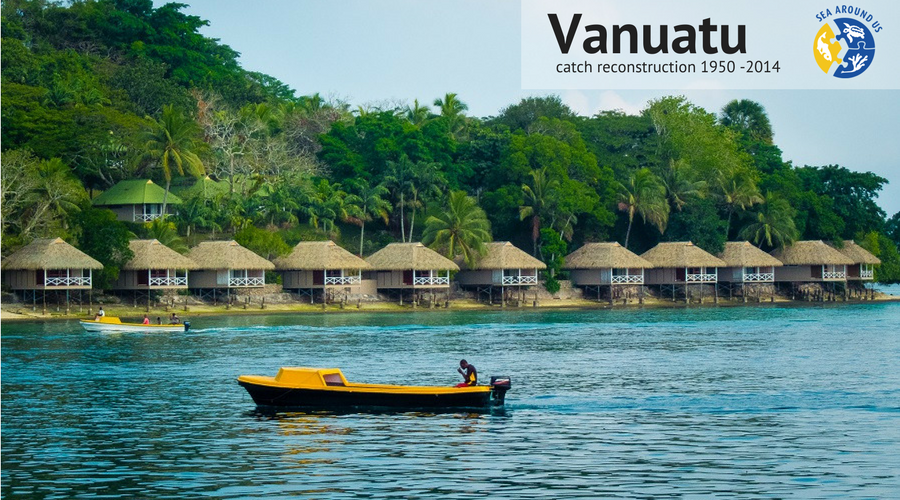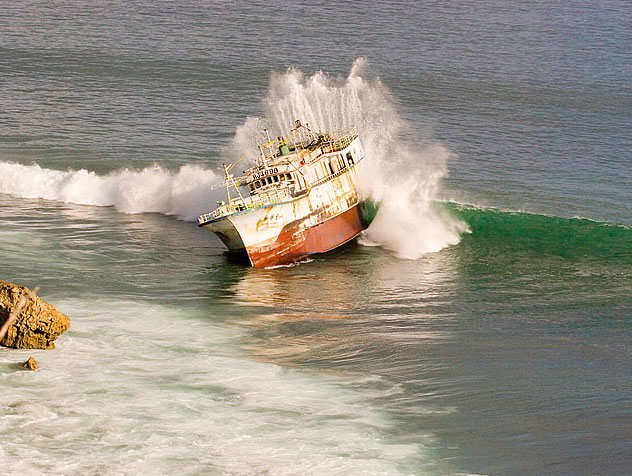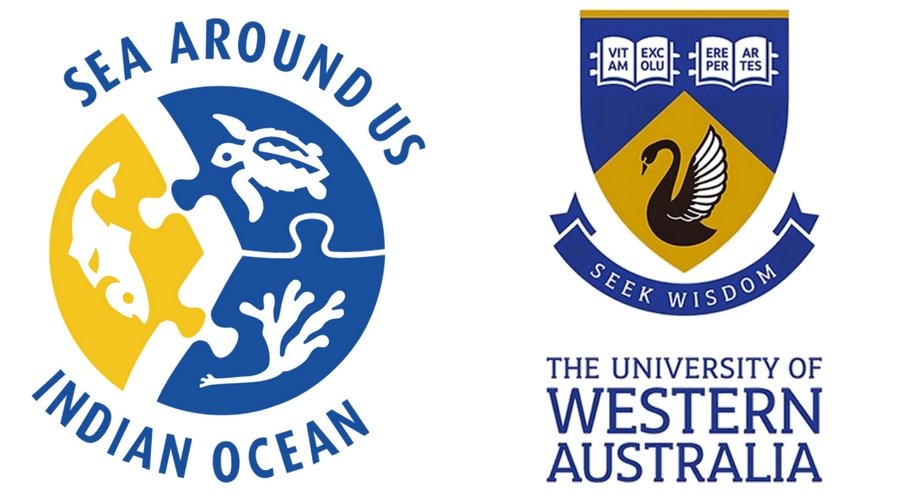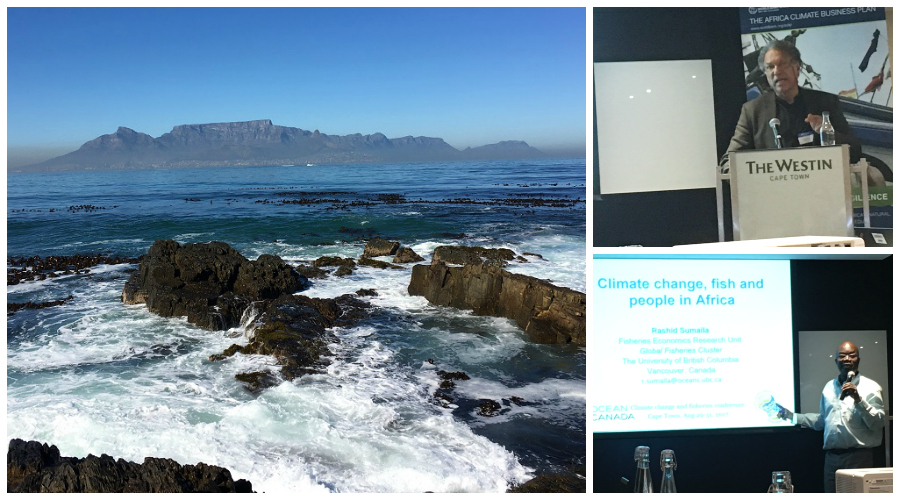Vanuatu’s small-scale fisheries’ catch is over 200 per cent higher than the numbers reported between 1950 and 2014 by the United Nations Food and Agriculture Organization on behalf of the country.
According to a new study by the Sea Around Us and several French and Vanuatu scientists, almost eight out of 10 residents of the archipelagic country are involved in at least one form of fishing and most of what truly local fisheries catch goes to their own household consumption.










